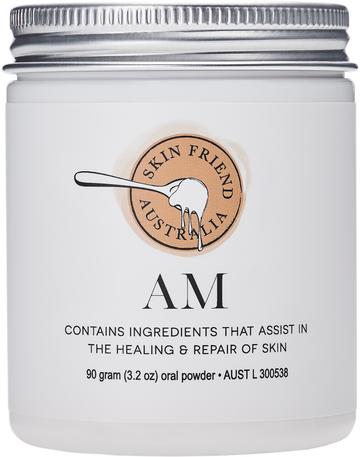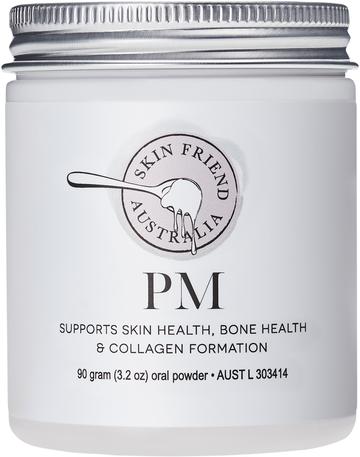Biotin is essential for skin health and normal hair growth. Since the 1950s it has been well established that biotin deficiency can cause eczema and dermatitis. While not all cases are caused by biotin deficiency, this B-group vitamin is an essential part of any treatment program for skin inflammation. Biotin from food sources is usually attached to protein and is poorly absorbed by the body.
Egg white injury (biotin deficiency)
It’s important to avoid eating raw egg whites. ‘Egg white injury’ can occur when avidin, a protein in raw egg whites, latches onto biotin so your body cannot use it. Skin inflammation is one of the first signs of this happening. While eating raw eggs occasionally won’t cause egg white injury, avoid consuming egg protein smoothies, pavlova, some dips, chocolate mousse and mayonnaise — these foods are bad for eczema.
Biotin: dosages and food sources
| Biotin (also known as) |
Supplement dosages (milligrams per day) |
Eczema-friendly food sources |
|
Vitamin B7 Vitamin H |
Infants (AI) 5–6 mcg from breastmilk or hypoallergenic (dairy-free) infant formula Children + teens 1–4 years: 8–30 mcg Adults 30–90 mcg |
1 cup cooked soybeans: 40 mcg |
AI: Adequate Intake as per Australian Government guidelines, shown on the table as the lowest dose (no set RDIs). The higher range is the therapeutic dose.
^Contains salicylates (not suitable during weeks 1–3 of the FID Program).
*Contains amines (not suitable for weeks 1–2 of the FID Program).
Note: take biotin with vitamin B6, magnesium and zinc to reduce skin inflammation, (found in our Skin Friend AM) as they aid the conversion of omega-6 and omega-3 fats to healthy, anti-inflammatory substances.
Products
At Eczema Life, we recommend nutritionist Karen Fischer's low food chemical program (The Eczema Detox) along with additive-free supplements for skin health and wellbeing. Click on the images to view more details:




